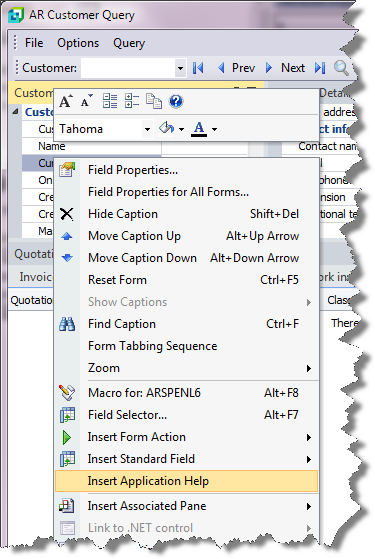You use this program to maintain the approval limits for requisition user groups.
This enables you to define global approval limits for all requisition users attached to a group. In addition, you can indicate routing information as well as the requisition user to which approved requisitions/requisition lines originating from users in a group must be routed for purchase order creation.
| Field | Description |
|---|---|
| New | Select this to add a new approval limit for a requisition group or product class. |
| Delete | Select this to delete the approval limit for the requisition group or product class currently displayed. |
| Save | Select this to save the details entered or changed. |
| Requisition group | Indicate the requisition group for which to maintain the approval limit information. |
| Product class | Indicate the requisition group for which to maintain
the approval limit information. This field is only enabled if Approval level checking is set to Product class within group (Purchase Orders Setup). You do not have to enter a product class, but if you leave this field blank, then the limits apply to all product classes in the requisition user group. This is equivalent to defining limits at Group level. |
| Field | Description | ||||
|---|---|---|---|---|---|
| Requisition group | This indicates the requisition group for which you are maintaining the approval limit information. | ||||
| Product class | This indicates the product class for which you are
maintaining the approval limit information. This only applies if Approval level checking is set to Product class within group (Purchase Orders Setup). |
||||
| Next user for routing |
Enter the code of the requisition user to whom requisitions are routed for users belonging to this group. This user should therefore belong to a group that can approve an amount higher than this group. If you leave this blank, then requisitions are routed to the user defined against the Requisition information > Route on to user field for each individual user in the group (Requisition Users).
The user code entered here is displayed as the default user code for the Route to option when creating a requisition using the Requisition Entry program. |
||||
| Max approval value | Indicate the maximum value that can be approved for all
requisition users attached to this group. Approval limits can also be defined against individual users in the group using the Requisition Users program. The maximum approval value used is either the value defined at this field or at user level against the Requisition maximum values fields, depending on which one is higher.
If you set Check maximum value at Line level (Purchase Orders Setup) then the value defined here represents the maximum requisition line value that the system will automatically approve. If you set Check maximum value at Requisition level, then the value defined here represents the maximum total requisition value that the system will automatically approve.If you are performing Approval level checking at Group level, then the maximum value is checked at line or requisition level, depending on your setup options (Purchase Orders Setup). If you are performing Approval level checking at Product class within group level, then the maximum value is checked at line level. In both cases the maximum value is checked at time of approval. |
||||
| Purchase order user |
Enter the requisition user to which approved requisitions/requisition lines originating from users in this group must be automatically routed for purchase order creation. The requisition user you enter here should have the authority to create purchase orders. If you leave this blank, then requisitions are routed to the user defined against the Route to user to create p/order field for each individual user in the group (Requisition Users).
|
||||
Inserting Application Help
You would typically follow this procedure to display help for the current program in a customized pane that can be pinned to the program window.
Information includes step-by-step instructions for the various functions available within the program, including a brief overview of what the program does, what setup options are required and how to personalize the program.
-
Open the program for which you want to insert application help into a customized pane.
This functionality is only available for a program that has panes.
-
Right-click any form field.
You can also click the triangle menu icon that appears in the title area of a pane.
-
Select Insert Application Help from the context-sensitive menu.
The application help appears in a pane within your program. You can reposition the pane using the docking stickers or pin it to the program window.
Removing the Application Help pane
If you no longer want to display application help in a pane for your current program, you can simply remove it.
-
Select the Close icon in the right-hand corner of the application help pane.
-
Confirm that you want to delete the pane.
![[Note]](images/note.png)

